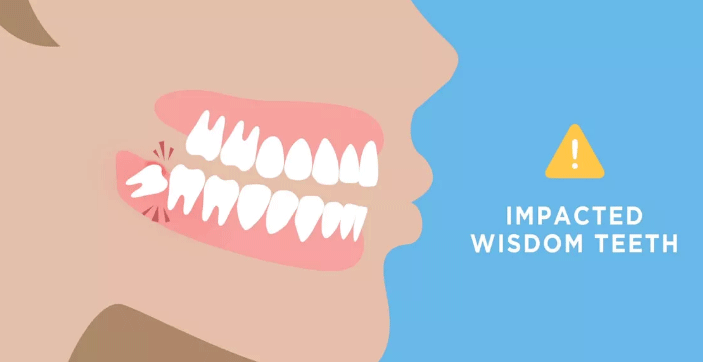
After wisdom teeth removal surgery, it will take time for the jawbone and gum tissue to fully heal. Some discomfort may occur for the first few days, though some people have little to no pain after surgery. However, the soft tissue can still be very sensitive for several weeks, so patients will need to be careful with what they eat and how they care for their mouths.
When to Eat Normal Food Again After Wisdom Tooth Surgery
During the healing process, it is important to avoid eating small, hard foods, such as nuts, seeds or granola, as these may irritate sensitive areas. Patients should avoid chewing near the extraction site, and if food does get stuck, gently rinse with warm salt water. Choosing soft, nutritious foods for a post-surgery diet can help with recovery; patients should talk to their oral and maxillofacial surgeon (OMS) about what to eat after wisdom tooth removal.
How to Speed Up Wisdom Teeth Recovery
In addition to being conscious of diet, patients who have had their wisdom teeth extracted should be careful with how they care for their mouths during recovery, including:
- While dental care is still important during this time, electric toothbrushes can be harsh on healing gums, and it is recommended to brush gently with a manual toothbrush.
- Avoid over-the-counter mouthwash; however, an antibacterial mouthwash may be prescribed.
- Avoid drinking from straws, as the sucking motion can increase bleeding.
- Take all prescriptions as prescribed.
- Do not smoke.
Other Common Side Effects of Tooth Extraction
After wisdom tooth surgery, it is normal to experience some pain and taste blood. Immediately after surgery, patients can experience mild side effects of anesthesia – including dizziness, nausea and shivering. Patients dealing with impacted wisdom teeth or with recurrent TMJ symptoms may feel additional temporary discomfort. In the event of sudden or persistent increases in pain, consult your oral and maxillofacial surgeon (OMS) for treatment options.
Article Courtesy of AAOMS, https://myoms.org/
All procedures performed at Pottstown Oral Surgery can be done under general or local anesthesia. Click here to learn more about us.